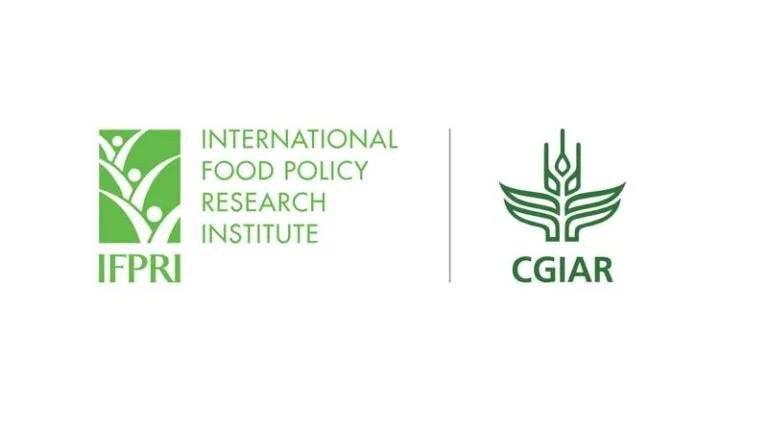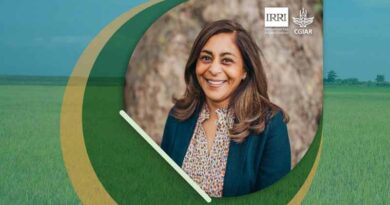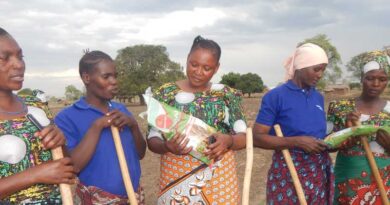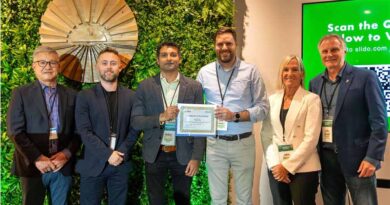
Unlocking Stronger Food Systems With African Research (SciDev.Net)
04 July 2025, Africa: In this new SciDev.Net podcast episode, Dr. Steven Omamo, Director of IFPRI’s Development Strategies and Governance Unit and Director for Africa discusses the findings of the 2025 Global Food Policy Report (GFPR) and the urgent need for bold action to avert a looming food crisis in Africa. The report highlights how compounding pressures—climate shocks, conflict, and diminishing international support—are threatening food systems globally, with particularly stark implications for Africa, where vulnerability to overlapping shocks remains high.
Despite these challenges, Omamo offers a message of cautious optimism, underscoring the significant strides African researchers and policymakers are making. “African researchers are developing stress-tolerant crops… improving early warning systems and promoting local food production,” he notes, adding that community-based interventions are key to building resilience. He stresses the importance of proactive, well-financed policy responses, stating: “We need to… scale up proven interventions through sustained and large public investment and coordination.”
While global poverty has declined over the past decades, Omamo acknowledges that many in Africa still face entrenched deprivation. “These global trends can and do mask the local persistence of poverty,” he says, emphasizing the need for locally tailored food and crop policies based on disaggregated data and targeted public investment. He cites positive developments in countries like Ethiopia and Kenya, where integrated social protection systems and regional trade initiatives have yielded progress.
Omamo also highlights the African Union’s Comprehensive Africa Agriculture Development Programme (CAADP) as a promising framework, noting that national policies are increasingly aligning with continental priorities, such as sustainable food production, agro-industrialization, and resilient agri-food systems. However, he cautions that implementation and financing remain major bottlenecks.
Equity and agency, particularly for smallholders and women in remote areas, are central to inclusive food systems, stresses Omamo. But he warns that current investments are insufficient: “Policy documents do identify these priorities… but they are not consistently backed by investment… not at the required level and not with the required duration and stability.”
Also Read: From Brazil to Vietnam, Demand for Indian Agrochemicals Is Growing Rapidly: M.K. Dhanuka
📢 If You’re in Agriculture, Make Sure the Right People Hear Your Story.
From product launches to strategic announcements, Global Agriculture offers unmatched visibility across international agri-business markets. Connect with us at pr@global-agriculture.com to explore editorial and advertising opportunities that reach the right audience, worldwide.






